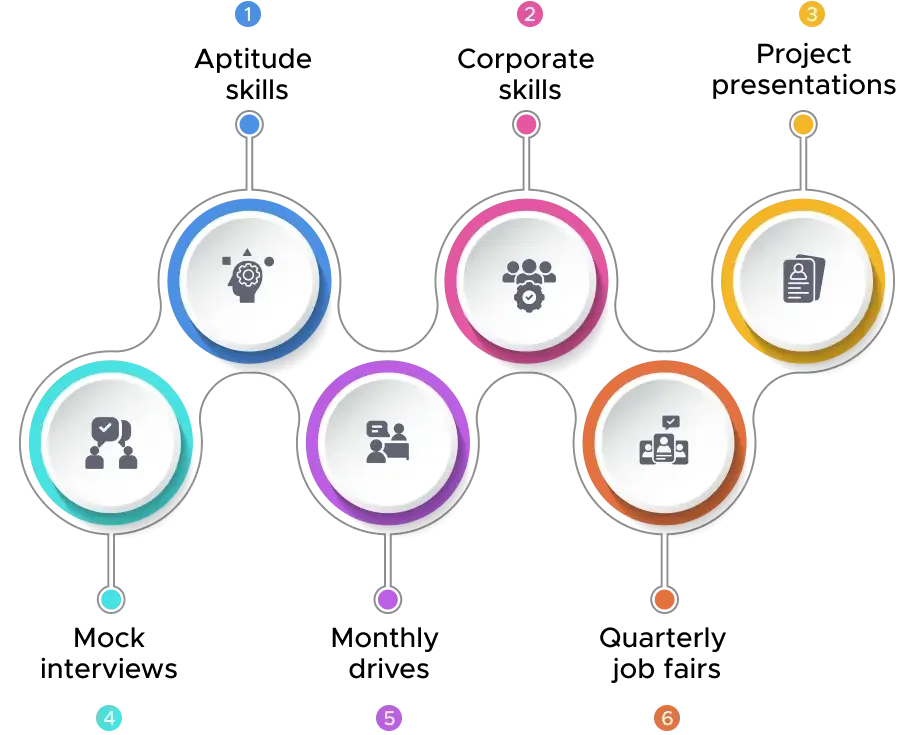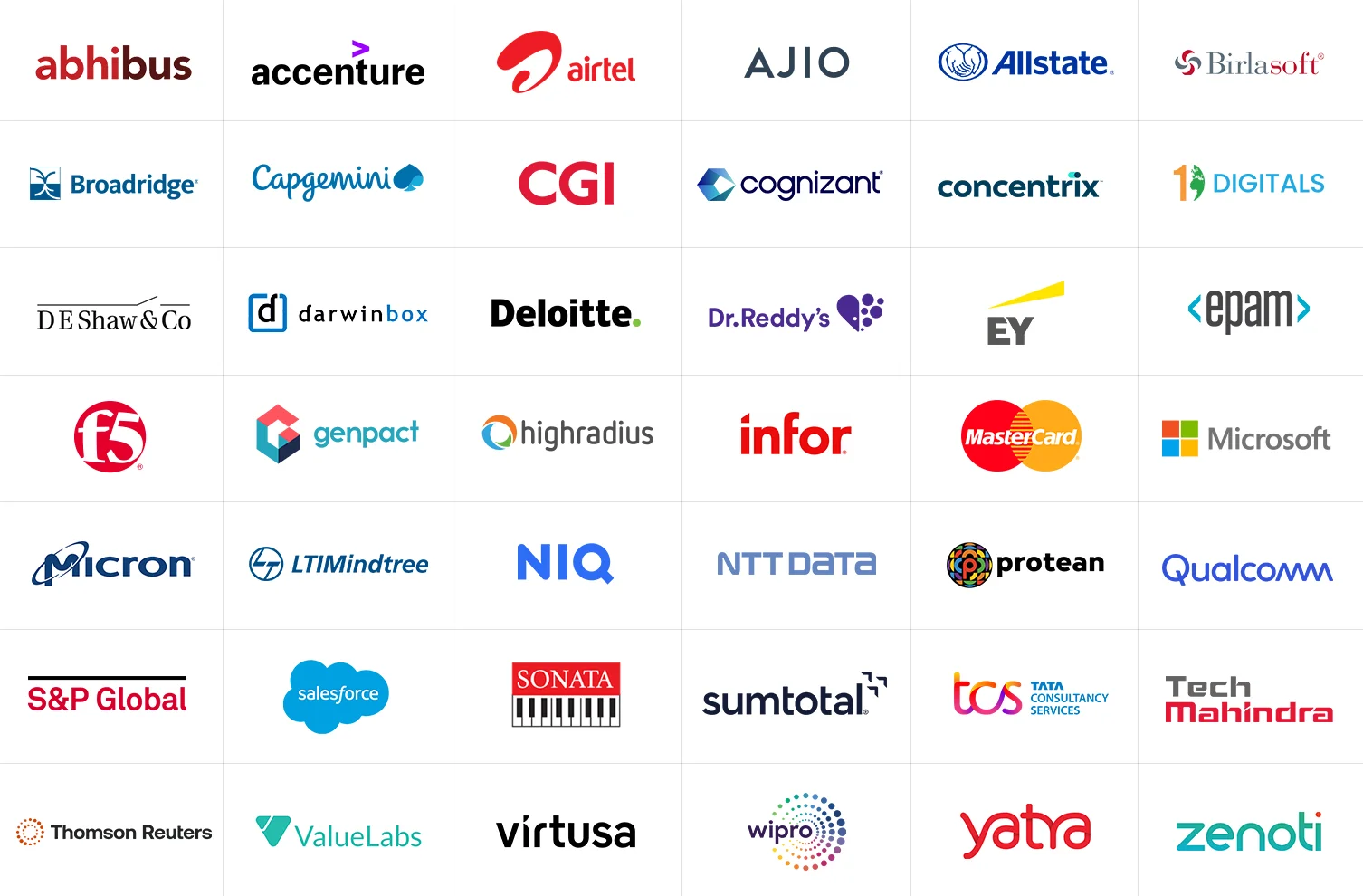Yes, TalentSprint bootcamps are highly recognized by top recruiters across various sectors.
With over 30,000 careers transformed and 700+ recruiters partnering with us, our bootcamps are trusted by some of the best brands in the industry.
Our programs are designed to equip you with job-ready skills and hands-on experience that recruiters actively seek. Many of our graduates have secured top roles with leading companies, earning salaries as high as INR 44 LPA.
The curriculum, featuring real-world projects and industry collaboration, ensures that you stand out to recruiters and are well-prepared for exciting career opportunities with leading organizations.





















Highly Trusted Bootcamps
"A friend recommended TalentSprint’s Full Stack program. The trainers were supportive, helping me learn concepts and crack interviews."
"The TalentSprint mentorship and hands-on learning gave me the edge to secure a promising role at EPAM."
"As a non-IT student, I had no knowledge of programming. TalentSprint’s faculty made it easy to learn from scratch."
"I joined to learn both Front-end and Back-end technologies. The faculty at TalentSprint explained everything from the basics, making it easy to grasp."